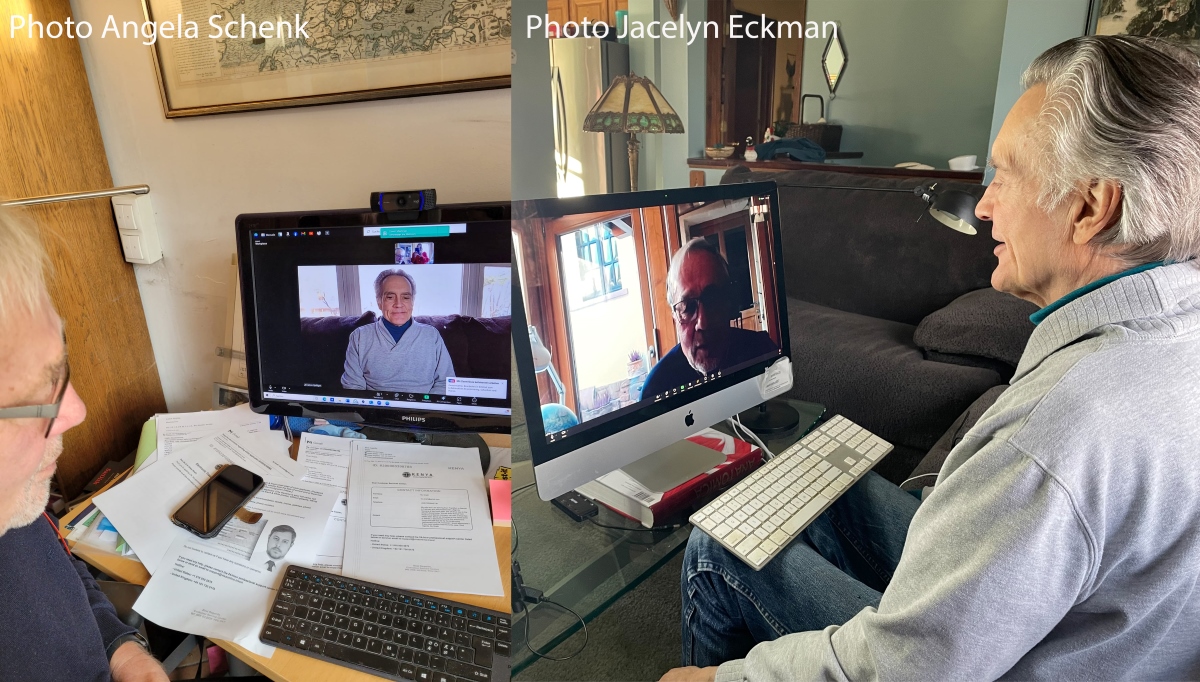The conversations’ topic is the overexploitation of the energy that nature provides. The propeller of this overexploitation is our understanding of the economy as driven by growth through value added in a transaction chain with our present monetary price system as the gauge. Quilligan argues for an alternative value system steered by nature’s replenishment and resilience. The price does not have money but energy value in his order. The current price for a liter of petrol driving a combustible engine is valued in money as a currency with a shifting market value. It must have a value in joules of sunlight embodied within the fossil fuel, Quilligan argues. The price must be derived from biophysical calculation. Earth’s carrying capacity is a key term in his reasoning.’
The point of departure of the conversations is the article by James Quilligan, “Who Will Pay Back the Earth? Revaluing Net Energy through the Sustainable Yield of Regional Ecosystems”.

James Quilligan collaborated closely with the Brandt Commission on the North-South proposals of the 1980s, particularly the issue of monetary policy. Since 2000, he has worked with the research team of Prince Hassan bin Talal, Prince of Jordan, who was known for his work in both non-violent multilateralism and the interface of ecology and economics in their ancient meaning of ‘oikos’ – household management with limited resources. From this research, Quilligan learned the strategy and mathematics of ecosystem sustainability and began measuring the carrying capacity of various bioregional environments, including the Jordan River Valley, the Rift Valley in Africa and the French Broad River Watershed in North Carolina. He is now affiliated with the Center for New Critical Politics and Governance at Aarhus University in Denmark.
Find the three Conversations with James Quilligan here:





































